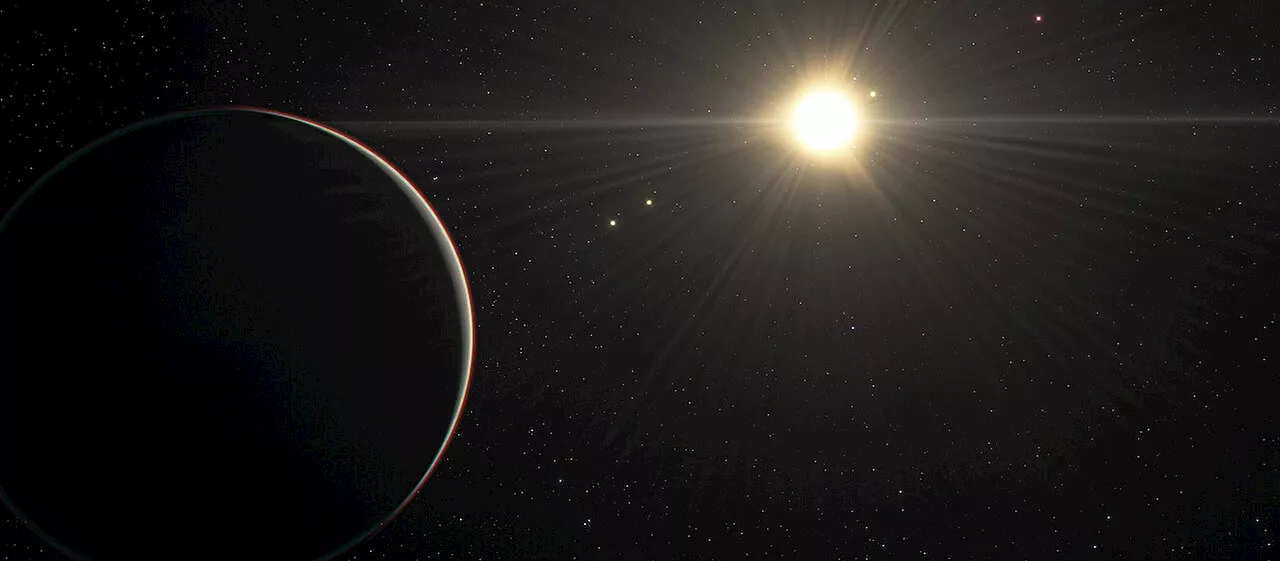An international team led by UNIGE, UNIBE and PlanetS has shown the existence of two distinct populations of sub-Neptunes, resolving a debate in the scientific community.
The density difference of sub-Neptunes finally deciphered retrieved 27 June 2024 from https://phys.org/news/2024-06-density-difference-neptunes-deciphered.html
This document is subject to copyright. Apart from any fair dealing for the purpose of private study or research, no part may be reproduced without the written permission. The content is provided for information purposes only.Use this form if you have come across a typo, inaccuracy or would like to send an edit request for the content on this page. For general inquiries, please use ourThank you for taking time to provide your feedback to the editors.
Your feedback is important to us. However, we do not guarantee individual replies due to the high volume of messages.to let the recipient know who sent the email. Neither your address nor the recipient's address will be used for any other purpose. The information you enter will appear in your e-mail message and is not retained by Phys.org in any form.Get weekly and/or daily updates delivered to your inbox.
Physics News Science News Technology News Physics Materials Nanotech Technology Science
United States Latest News, United States Headlines
Similar News:You can also read news stories similar to this one that we have collected from other news sources.
 Mysterious mini-Neptunes | ScienceDailyThis study discovered mini-Neptunes around four red dwarfs using observations from a global network of ground-based telescopes and the TESS space telescope. These four mini-Neptunes are close to their parent stars, and the three of them are likely to be in eccentric orbits.
Mysterious mini-Neptunes | ScienceDailyThis study discovered mini-Neptunes around four red dwarfs using observations from a global network of ground-based telescopes and the TESS space telescope. These four mini-Neptunes are close to their parent stars, and the three of them are likely to be in eccentric orbits.
Read more »
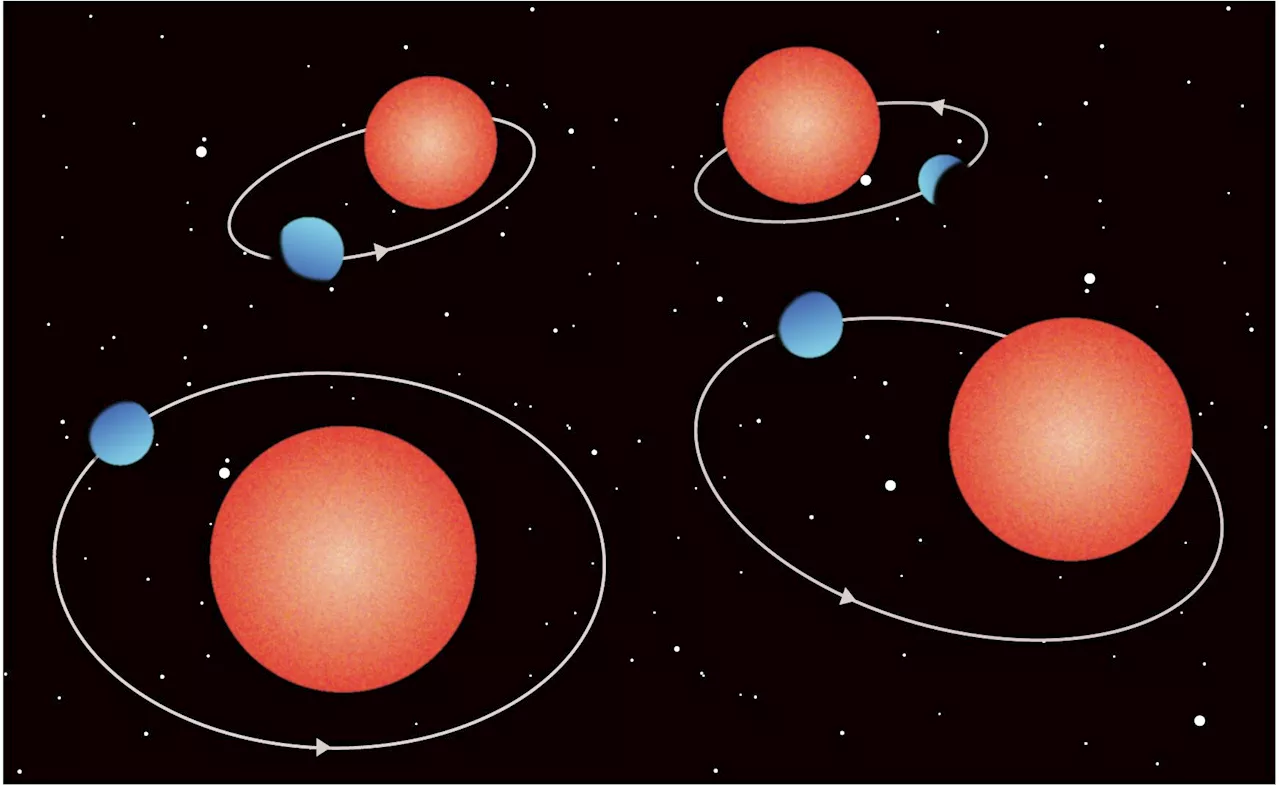 Researchers discover mysterious mini-NeptunesResearchers discovered mini-Neptunes around four red dwarfs using observations from a global network of ground-based telescopes and the TESS space telescope. These four mini-Neptunes are close to their parent stars, and the three of them are likely to be in eccentric orbits.
Researchers discover mysterious mini-NeptunesResearchers discovered mini-Neptunes around four red dwarfs using observations from a global network of ground-based telescopes and the TESS space telescope. These four mini-Neptunes are close to their parent stars, and the three of them are likely to be in eccentric orbits.
Read more »
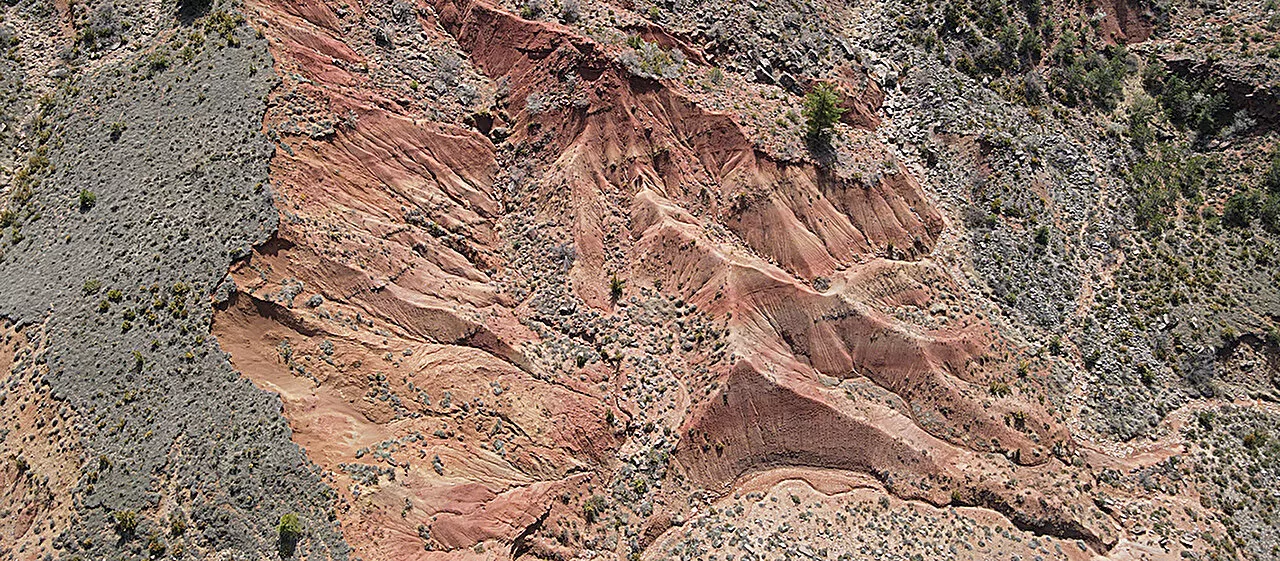 Geological archives may predict our climate futureBy analyzing 56-million-year-old sediments, a UNIGE team has measured the increase in soil erosion caused by global warming, synonymous with major flooding.
Geological archives may predict our climate futureBy analyzing 56-million-year-old sediments, a UNIGE team has measured the increase in soil erosion caused by global warming, synonymous with major flooding.
Read more »
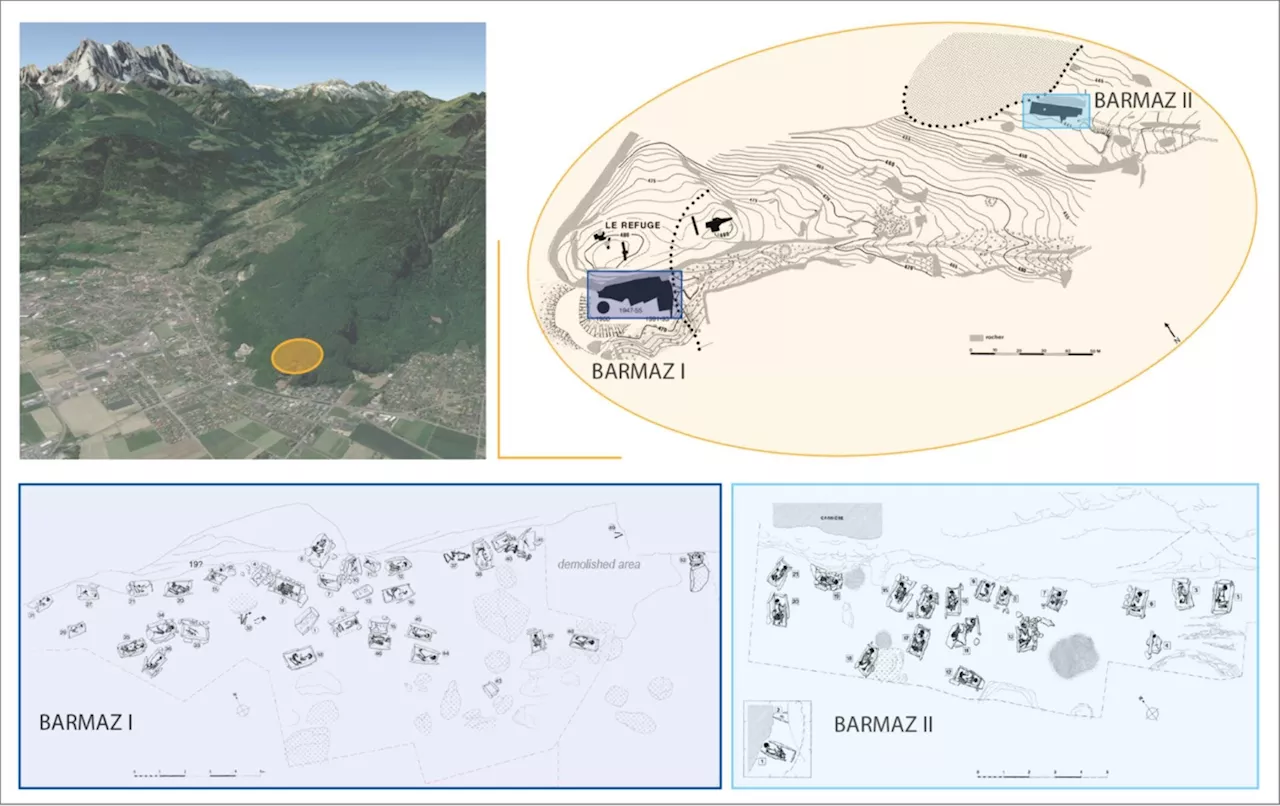 Isotope study suggests men and women had equal access to resources 6,000 years agoUsing isotope geochemistry, a team from the University of Geneva (UNIGE) has uncovered new information about the Barmaz necropolis in Valais (Switzerland): 14% of the people buried 6,000 years ago at this site were not locals.
Isotope study suggests men and women had equal access to resources 6,000 years agoUsing isotope geochemistry, a team from the University of Geneva (UNIGE) has uncovered new information about the Barmaz necropolis in Valais (Switzerland): 14% of the people buried 6,000 years ago at this site were not locals.
Read more »
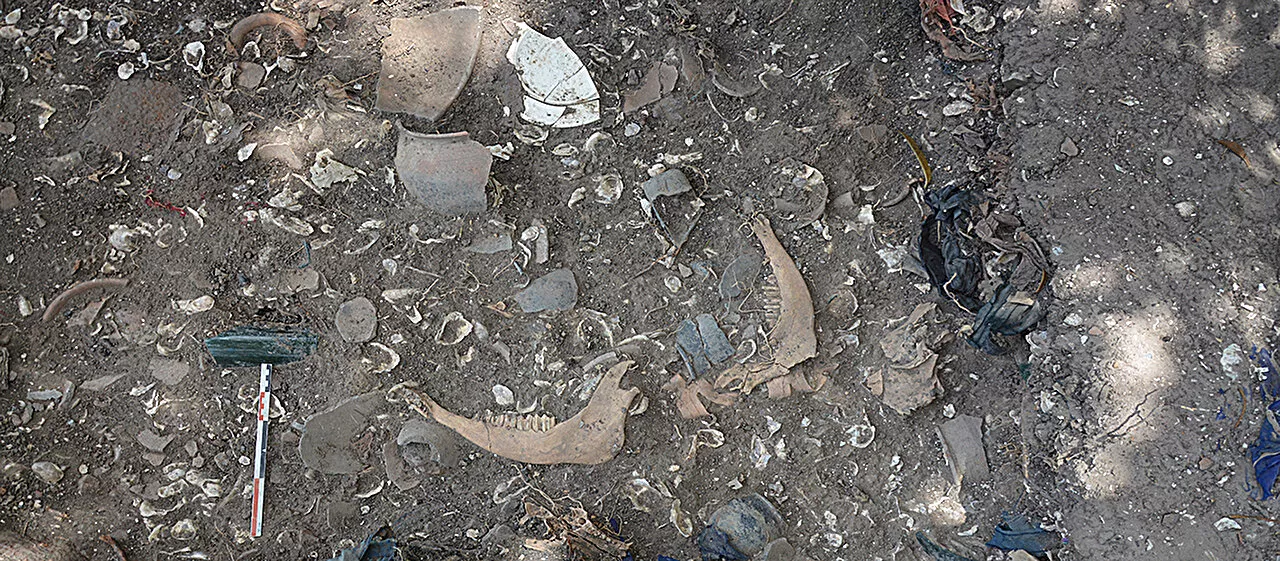 Chemists, biologists, archaeologists: Who will unearth the recipes of our ancestors?Using a new multidisciplinary approach, a team from UNIGE and CNRS has retraced the food practices of a Senegalese village. This method will be useful for other archaeological research.
Chemists, biologists, archaeologists: Who will unearth the recipes of our ancestors?Using a new multidisciplinary approach, a team from UNIGE and CNRS has retraced the food practices of a Senegalese village. This method will be useful for other archaeological research.
Read more »
New Blockbuster Three-Team Trade Idea For Atlanta, Cleveland, New Orleans Features Multiple All-Stars On The MoveAtlanta, Cleveland, and New Orleans are likely to be three of the most active teams in this upcoming NBA offseason and all three-rosters could look vastly diffe
Read more »
